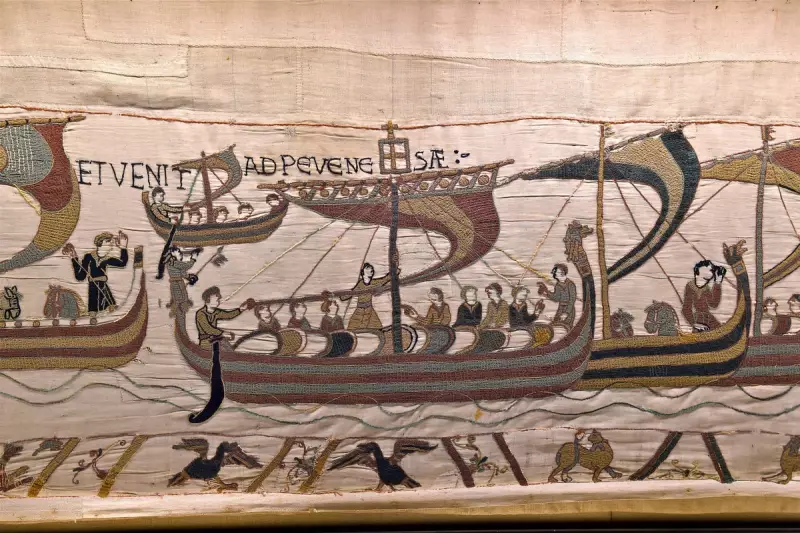
In a move that has captured both historical and political imaginations, French President Emmanuel Macron has extended a remarkable offer to British Prime Minister Keir Starmer: the temporary loan of the priceless Bayeux Tapestry to the United Kingdom.
The iconic 11th-century artefact, which depicts the Norman Conquest of England in 1066, has never been displayed on British soil despite its profound significance to the nation's history. Measuring nearly 70 metres in length, the tapestry is currently housed in a dedicated museum in Bayeux, Normandy.
Diplomatic Significance
This extraordinary cultural proposition comes at a pivotal moment in Anglo-French relations. President Macron's gesture is widely interpreted as an attempt to reset the Franco-British relationship following years of tension surrounding Brexit negotiations and subsequent trade disputes.
Political analysts suggest the offer represents a strategic effort to establish positive relations with Prime Minister Starmer's new administration, which has expressed commitment to rebuilding European partnerships.
Historical Context and Challenges
The Bayeux Tapestry, believed to have been commissioned in the 1070s, provides a unique visual narrative of the events leading to the Battle of Hastings and William the Conqueror's subsequent victory. Its potential journey to England would mark an unprecedented cultural exchange between the two nations.
However, significant logistical challenges remain. The tapestry's extreme fragility and age necessitate exceptional conservation measures. Previous discussions about relocating the artefact have foundered on concerns about its preservation during transport and display.
Political Reactions
While the French presidency has confirmed the proposal's existence, details regarding timing and conditions remain undisclosed. The British government has acknowledged the gesture with appreciation, recognising its symbolic importance for cross-Channel relations.
Cultural historians have welcomed the potential loan as an opportunity for the British public to engage directly with a crucial piece of their national story, while diplomatic observers view it as a clever soft power manoeuvre by the French president.
The development suggests both leaders are seeking to move beyond recent tensions and establish a new chapter in the complex, centuries-long relationship between these two European neighbours.





